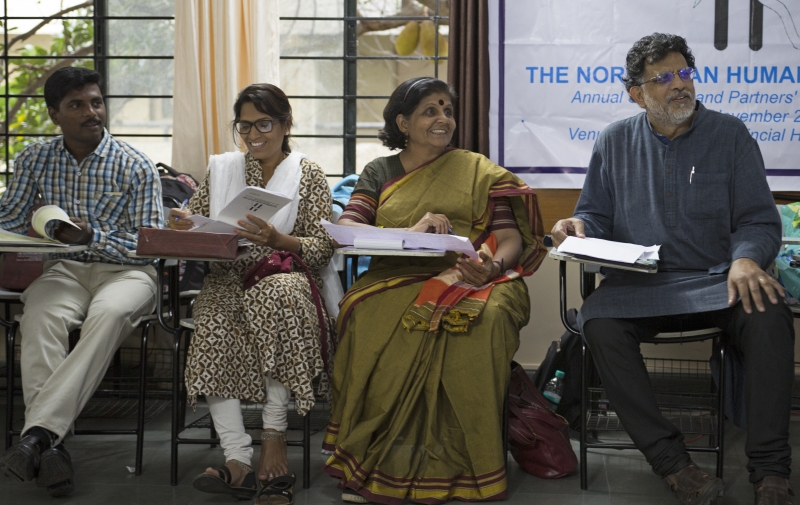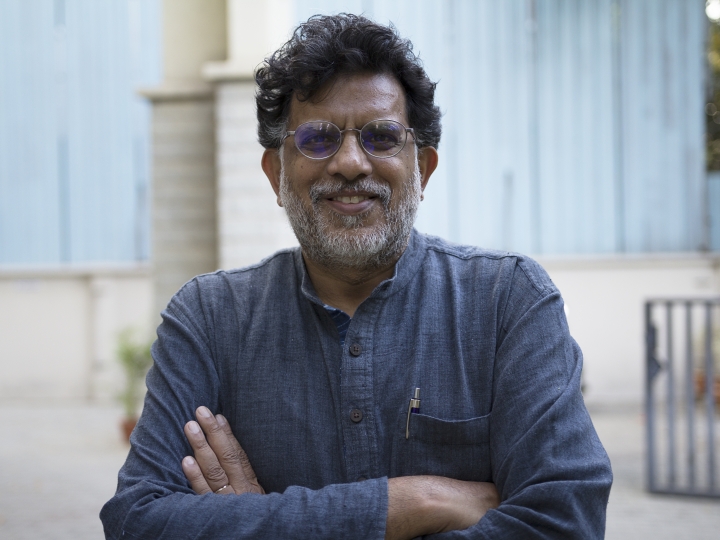2018 marked seventy years since the adoption of the United Nations’ Universal Declaration of Human Rights (UDHR). 2019 marks the 150-year anniversary of Mahatma Gandhi’s birthday and 100 years since the formation of the League of Nations.
These lectures and articles revisit the debates that led to the framing of the UDHR and the role of both the Indian participants and the Indian leaders (Mahatma Gandhi and Jawaharlal Nehru) who influenced not only the content of the UDHR, but the institutional architecture of the United Nations itself.
A long history of coalescing ideas
The position, that emerges from this primary research, is that it is not only the dates of the struggle for Indian independence and the institutional build-up towards a world organisation, the UN, that coincide. Between the birth of India and the UN there is a remarkable degree of affinity and purpose of ideas, concepts and fundamental principles used to buttress the global search of peace, self-determination and human rights, which, it was hoped, would govern the role and behaviour of states.
This coalescing of ideas and visions between India as a nation and the UN as a global entity was not a coincidence, but a well-planned strategy employed by Jawaharlal Nehru under the guidance of Mahatma Gandhi. The intention was clear – that the pulpit offered by the world organisation would be used to counter British rule, and as a forum where the freedom of all oppressed people around the world could be articulated and actions determined.

Path-breaking human rights issues
This material also explores how the content of several path-breaking and prescient articles of the UDHR, covering issues such as secularism, women’s rights, non-discrimination, freedom of movement and the right to work, were significantly shaped by Indian representatives (including Hansa Mehta, M.R. Masani and Lakshmi Menon).
The material concludes with some reflections on the relevance today of the debates that led to the framing of the UDHR and the urgent need, in the current trying times globally, to revisit these debates.

